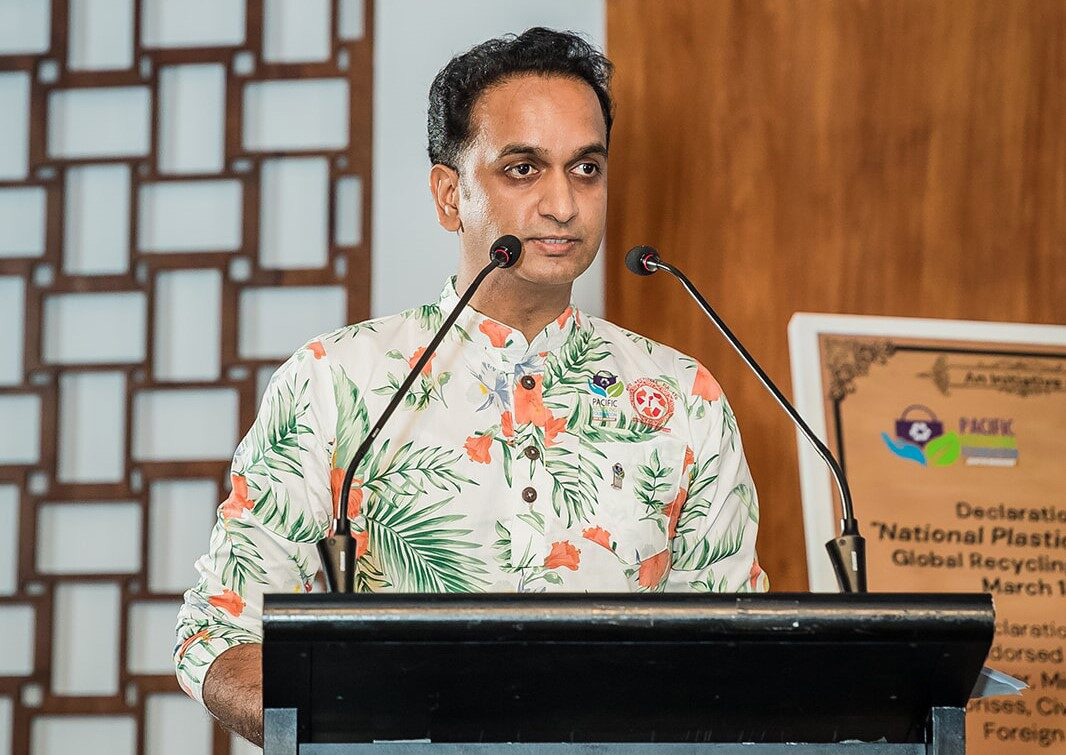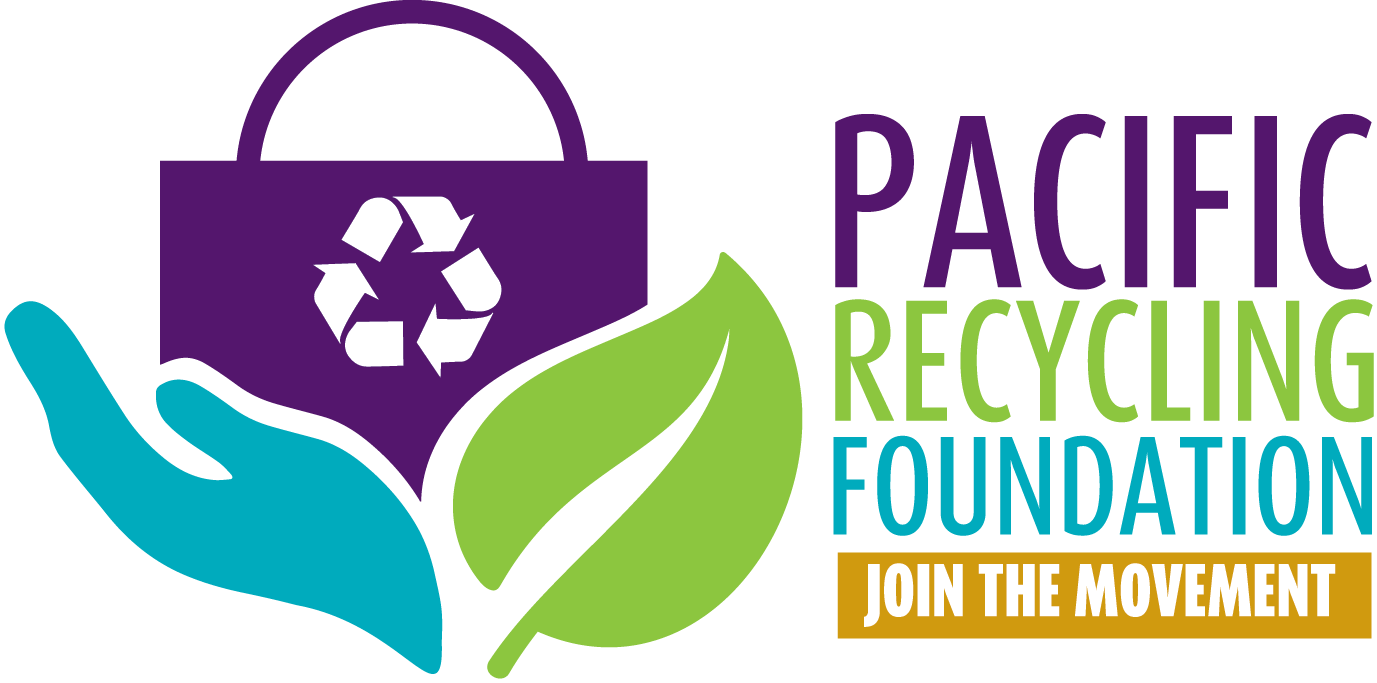Actions of some show those involved in waste picking are not good enough to be meeting Govt Ministers – Deo

Those who are involved in waste picking and now known as Collection Pillars of Recycling continue to get harassed, verbally abused, and mistreated by some in authority, and in some instances, told to hide or disappear when certain high-ranking figures, such as Government Ministers are visiting dumpsites and other locations where CPRs are collecting recyclables.
The revelation has been made by the Founder of the Pacific Recycling Foundation, Mr. Amitesh Deo following the PRF’s Mapping Exercise of the Waste Collection Sector.
Mr. Deo said their Mapping Exercise has found that some municipal council officials are sometimes harsh, verbally abusive, and demand money from the CPRs while there are other municipal councils who have created a very welcoming and warm environment for those involved in waste picking.
“These challenges highlight the need for better understanding and support for CPRs’ rights and dignity in their essential role in waste management,” said Mr. Deo
He revealed that in one case, a CPR and his colleagues were told by the staff of a municipal council to hide in the bushes as a government minister was visiting the municipality. This incident happened earlier this year.
“This CPR revealed to our team that they were told to only come back when the Minister was gone and according to him, there was fear the waste-picking community could reveal to the Minister their daily struggles and challenges with municipal staff,” said Mr. Deo.
Mr. Deo said if we look deeper into the issue and based on previous experiences, CPRs are being subjected to this kind of treatment as they are seen as a group of people who are not good enough or credible to be meeting people such as Ministers.
Another major finding in the Mapping Exercise was that collection fees are a significant concern for CPRs in Fiji, especially when accessing dumpsites in some municipalities.
“To enter some dumpsites, CPRs are required to show a receipt, and the monthly fee varies based on the type of waste they collect. These can range from $12.00 to $25.00. This is adding to the financial burden faced by CPRs and these collection fees can significantly impact the livelihoods of CPRs.
style=”text-align: justify;”>Additionally, there are still certain limitations imposed on CPRs who are receiving Social Welfare assistance as they are not allowed to access certain dumpsites, further restricting their means of livelihood and independence,” stated Mr. Deo.
Mr. Deo stressed it is important to note that these challenges are not applicable to all municipal councils as while some CPRs face mistreatment and harassment from the staff of certain municipalities, this does not reflect the attitude or ethical alignments of all municipal councils.
“I would like to acknowledge some municipal councils who have created a very welcoming and warm environment for women Collection Pillars of Recycling who collect recyclables from dumpsites.
Women CPRs in one municipality are called by their names to ensure the council workers know who they are. This municipal council registers the CPRs, allows them to use the washroom and water facilities, provides them with PPEs, and does not charge them any fees,” revealed Mr. Deo.
He said they will continue to work with municipal councils around the country to change their mindset and behaviour towards CPRs and help them understand and appreciate the critical work CPRs do to retrieve recyclables from dumpsites and the environment, which helps in combatting climate change.
The PRF’s Founder said more such findings will be revealed in the PRF’s Mapping Exercise Report which will be launched in September 2023, where they will also reveal plans on how the Foundation aims to provide structured support to these individuals.
The PRF’s Mapping Exercise of the Waste Collection Sector in Fiji has been done in partnership with Women in Informal Employment: Globalizing and Organizing (WIEGO) and through the support of partners such as Fiji Women’s Crisis Centre, Asco Motors, and Tourism Fiji.
